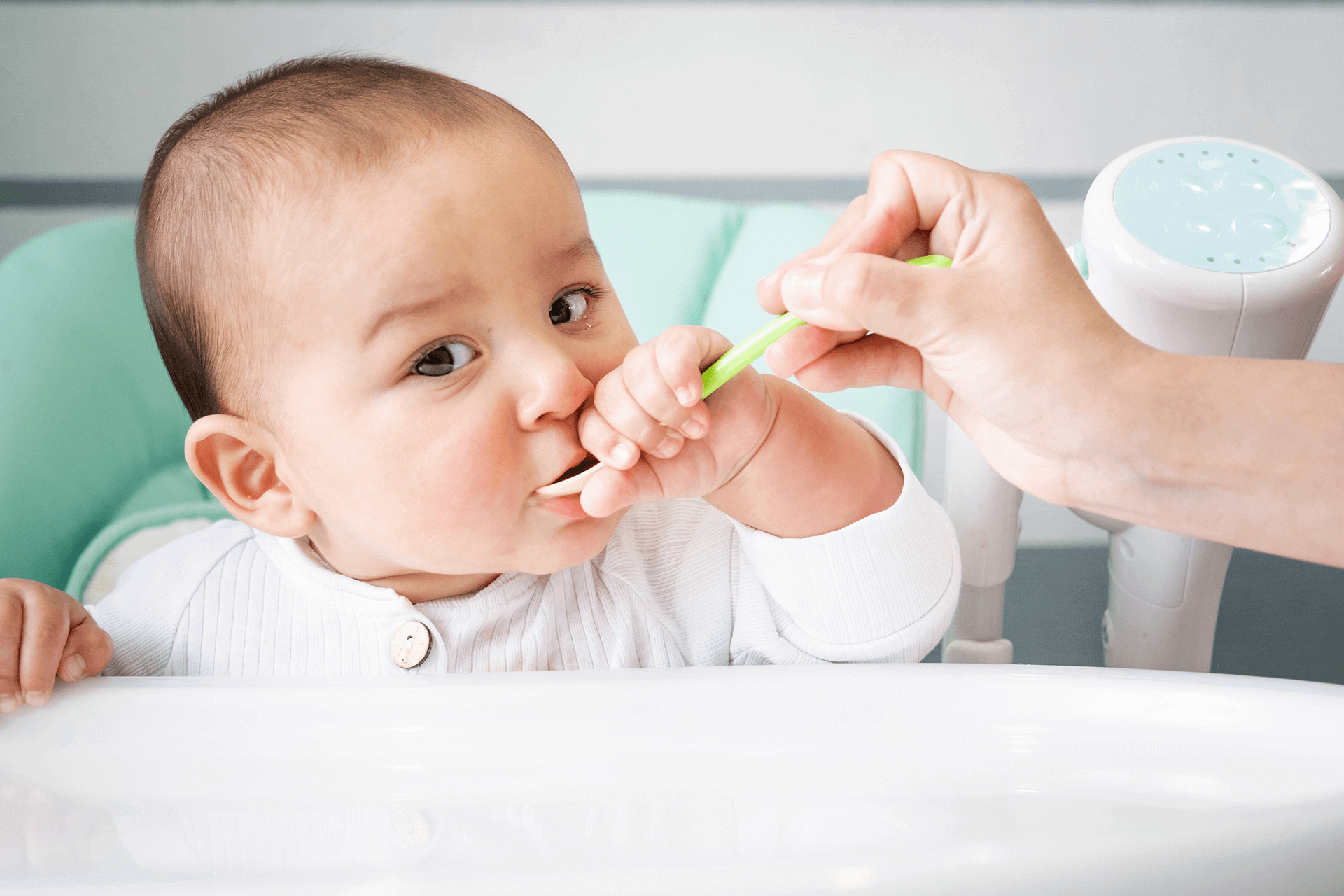As a new parent, you want nothing more than to give your baby the best start in life—beginning with nutrition. While some nutrients are widely celebrated, fat often gets unfairly labeled as a “bad guy.”
But here’s the truth: fat is absolutely essential for your baby’s growth, brain development, mood, and more.
God doesn’t make mistakes. Breast milk, designed by nature, is the perfect food for babies—and about 50% of its calories come from fat.
That’s no accident.
From day one, fat plays a powerful role in a baby’s health. And even after weaning, that role doesn’t stop. In fact, pediatric nutrition experts recommend not restricting fat intake until after age 5, to avoid the risk of stunted growth and nutritional deficiencies.
Let’s explore how fats support your baby's body from head to toe.
Babies grow fast—and they need lots of calories to support that growth.
Yet, their stomachs are tiny. That means every bite has to count. Fats deliver more than double the calories of protein or carbohydrates, making them the most efficient energy source for your little one.
Especially for babies who struggle to gain weight, fat-rich foods offer concentrated nutrition in every spoonful.
Did you know your baby's brain is nearly 60% fat?
That rapid brain growth needs fuel—and fats are the key. All types of fat (saturated, monounsaturated, polyunsaturated) are needed to build brain cells and nerve tissue.
Clinical studies show that low-fat diets in infancy may impair brain development, language, and even attention span later in life.
Certain vitamins—A, D, E, and K—are fat-soluble. That means they need fat to be absorbed properly.
These vitamins support:
Without fat in the diet, even if you offer vitamin-rich foods, your baby might not fully absorb the nutrients.
Let’s be honest: fat makes food taste amazing.
From the creaminess of yoghurt to the richness of egg yolks, fat enhances flavor and texture, making baby food more appealing. A baby who enjoys food is more likely to eat enough and develop a healthy relationship with meals.
And here’s the bonus—early exposure to a variety of flavors (not just sweet fruits!) helps prevent picky eating in the toddler years.
Fat isn’t just important—it’s essential for babies and toddlers. But how much is enough?
Babies in this stage typically need around 100 calories per kilogram of body weight each day. The exact amount varies depending on their activity level, metabolism, and growth rate.
Let’s break it down:
That’s a significant amount—and for good reason. Their tiny bodies are growing rapidly and need dense, efficient sources of energy.
Even after the first year, fat continues to be a crucial nutrient. For toddlers aged 1 to 4, the recommended fat intake drops slightly to about 25–40% of daily calories—a bit lower than for babies.
However, because toddlers weigh more, they still need a similar absolute amount of fat—roughly 40 grams per day. This supports ongoing brain development, nerve function, and provides the steady energy they need for active play and growth.
Not all fats are created equal. The best fats for babies are natural, unrefined, and nutrient-dense.
Try incorporating:
At Little Judah, we believe in honoring your baby’s God-given design. That’s why every ready-to-eat meal we craft is rich in nourishing fats. We don’t cut corners, and we don’t compromise.
Your baby deserves real food—with real fats.
Whether you’re just starting solids or already deep into the toddler phase, our meals offer peace of mind and powerful nutrition in every bite.
Fat is not the enemy. It’s your baby’s ally.
It fuels their growth, builds their brain, supports their immune system, and even makes food more delicious. As you navigate this journey of feeding your little one, don’t be afraid to serve fats generously—because their future depends on it.
Let’s raise a generation that’s well-nourished, thriving, and full of life—starting with what’s on their plate.Explore our fat-rich, nutrient-dense baby meals at littlejudah.com and taste the difference today.


